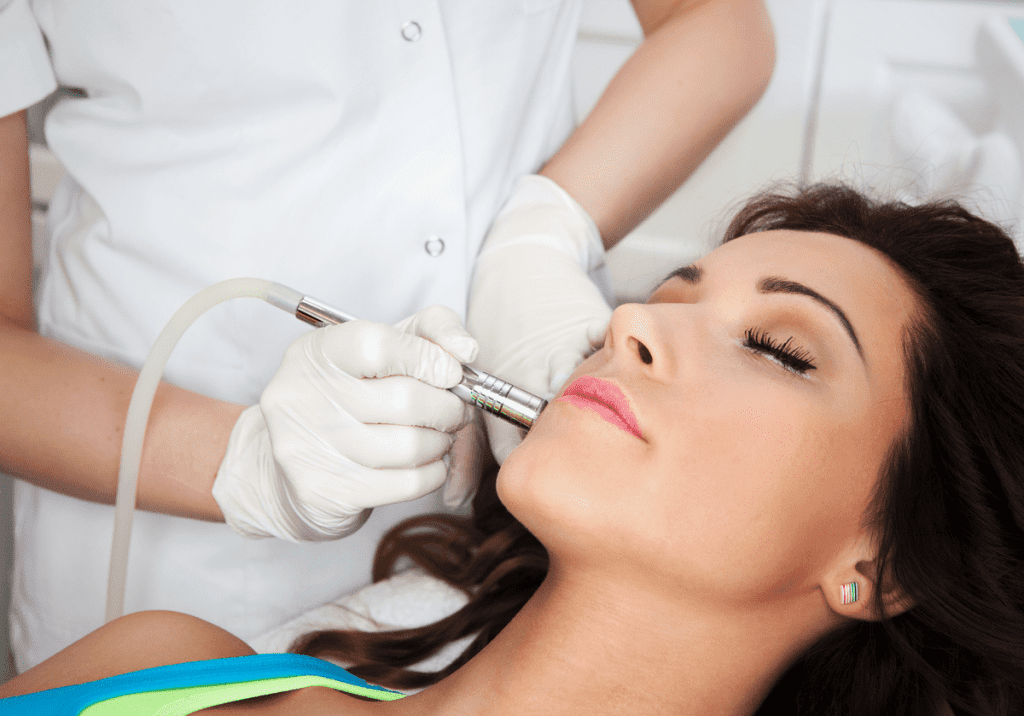How to speed up healing after pico laser?
Pico laser treatments have gained recognition for their effectiveness in addressing various skin concerns, including pigmentation issues, acne scars, and general skin rejuvenation. However, one common concern is that some individuals experience darker skin following the Pico Laser Treatment in Dubai. Understanding the reasons behind this phenomenon is essential for managing expectations and responding to skin changes appropriately.
Understanding Hyperpigmentation
After undergoing pico laser treatment, some patients may notice an increase in skin darkness, commonly referred to as hyperpigmentation. This condition occurs when an excess of melanin, the pigment responsible for skin color, is produced in specific areas. Hyperpigmentation can result from several factors, including post-inflammatory responses to the laser treatment, environmental exposure, and individual skin characteristics.
The Role of Inflammation
Pico laser treatments work by creating micro-injuries in the skin, which stimulate the body's natural healing process. This process can lead to inflammation, especially in individuals with sensitive skin. When the skin is inflamed, melanocytes, the cells responsible for producing melanin, may be activated, leading to increased pigmentation in the treated area. This reaction is a typical response and is often temporary, improving as the skin continues to heal.

Sensitivity of Darker Skin Types
People with darker skin tones are generally more susceptible to post-inflammatory hyperpigmentation after laser treatments. This propensity is due to the higher concentration of melanocytes present in darker skin. As a result, even mild inflammation can trigger a more significant response, leading to pigmentation changes. Therefore, it is crucial for patients with darker complexions to discuss their skin type with their dermatologist before undergoing pico laser treatment to ensure proper precautions are taken.
Importance of Aftercare
Following pico laser treatment, proper aftercare is vital in minimizing the risk of hyperpigmentation. Patients are often advised to avoid sun exposure and to use broad-spectrum sunscreen with a high SPF. Ultraviolet (UV) rays can exacerbate pigmentation issues, especially when the skin is still healing. Implementing a robust aftercare regimen can help prevent the darkening of the skin and promote optimal healing.
Duration of Skin Darkening
For many patients, any post-treatment darkening of the skin is a temporary condition that will gradually fade. Typically, it can take several weeks to months for the skin to return to its normal pigmentation levels. The duration largely depends on the individual’s skin type, initial condition, and adherence to aftercare recommendations. Regular monitoring and follow-up appointments with your dermatologist can support effective management during this process.
Managing Expectations with Pico Laser Treatment
It is essential to manage expectations regarding outcomes after pico laser treatment. While effective for many skin concerns, not every individual will experience the same results. Understanding that darker skin after treatment can occur and often resolves itself can provide comfort. It is crucial to maintain open communication with your dermatologist about any changes you observe and how to manage them effectively.
FAQs
Is it normal for my skin to darken after pico laser treatment? Yes, experiencing darker skin due to hyperpigmentation is a common reaction following pico laser treatment.
How long does the darkening last after treatment? Skin darkening typically lasts from several weeks to a few months, depending on individual skin responses and proper aftercare.
What can I do to minimize darkening after pico laser? Avoid sun exposure, use high-SPF sunscreen daily, and follow all aftercare instructions provided by your dermatologist.
Are certain skin types more prone to darkening? Yes, individuals with darker skin tones are generally at higher risk for post-inflammatory hyperpigmentation after laser treatments.
When should I contact my dermatologist about skin darkening? If the darkening seems to worsen or does not improve over time, it is advisable to consult your dermatologist for guidance.
Can the darkening be treated? Yes, there are specific treatments available for managing hyperpigmentation, which your dermatologist can recommend based on your individual needs.
Conclusion
In summary, noticing darker skin after pico laser treatment is a common concern related to hyperpigmentation, often triggered by inflammation or individual skin characteristics. While this darkening may be alarming, it is typically a temporary condition that can be managed with proper aftercare. Through open communication with your dermatologist and adhering to their guidance, individuals can navigate these changes confidently and work towards achieving the desired skin clarity and health.